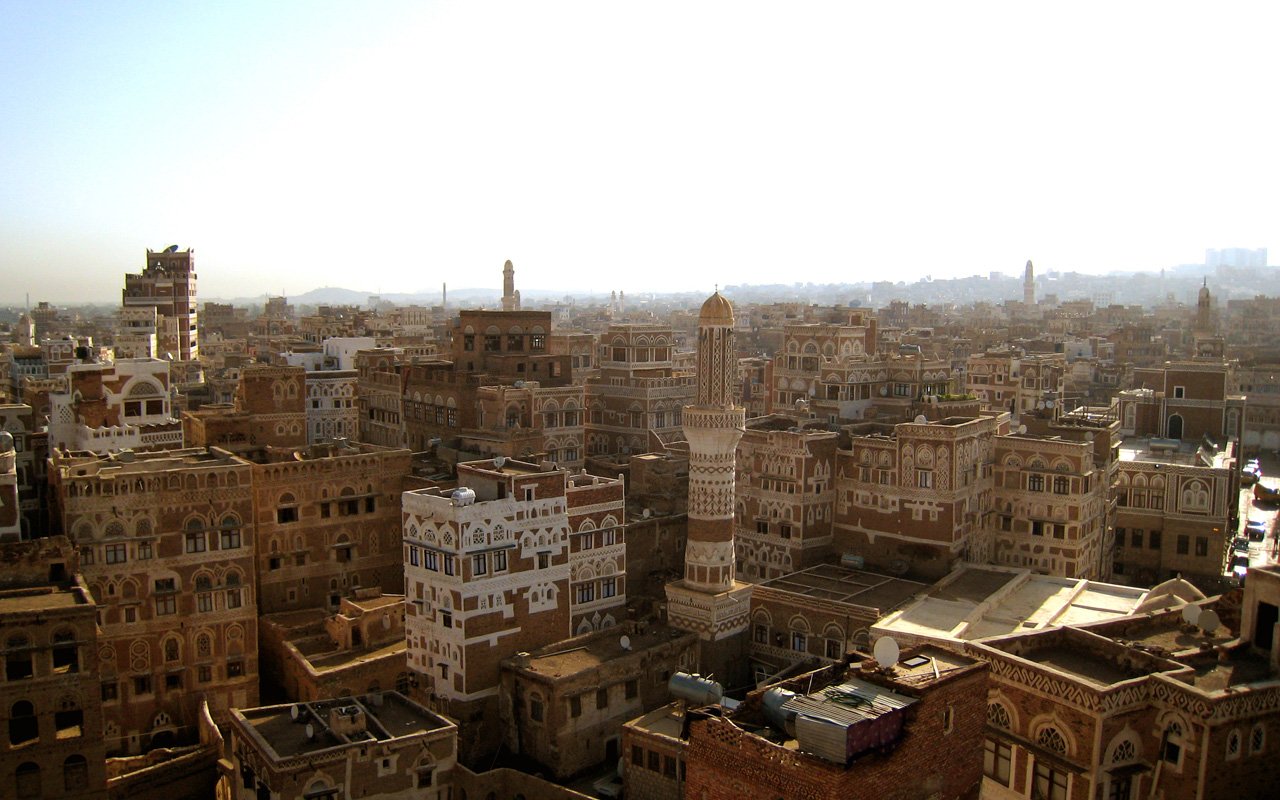White Papers
Improving Relations Between Central State Institutions and Local Authorities

Local councils are responsible for spearheading development projects and providing basic public services to Yemen’s population of more than 30 million people. The councils are particularly important in rural areas, where about 70 percent of Yemen’s population lives.
In July 2018, the Rethinking Yemen’s Economy initiative published a White paper that explored how the collapse of Yemen’s economy and the fragmentation of central government institutions during the war affected local councils. This new White Paper builds on those findings by examining how local governance has evolved in the intervening years, with a focus on the relationship between local authorities and the central governments in Sana’a and Aden. This White Paper also incorporates new research on local governance in Yemen since 2018.
The findings of this paper broadly reflect governance trends witnessed in various parts of Yemen during the war. In Houthi-controlled areas, the central government in Sana’a has restricted the autonomy of local authorities as part of efforts to consolidate political control and redistribute revenues to the war effort. In Houthi-run parts of Hudaydah governorate, for example, the central government in Sana’a tightly controls virtually all aspects of local governance.
In areas nominally controlled by the internationally recognized government, the story is more mixed. Local authorities in the oil-producing governorates of Marib and Shabwa have gained unprecedented autonomy from the central government and used newfound revenues from oil and gas sales to fund government work and provide services.
However, in other governorates like Aden, local government autonomy has been crippled by political infighting and a shortage of revenues. Despite their proximity to central government institutions in Aden, local officials have struggled to carry out their basic duties. In parts of Hudaydah controlled by the internationally recognized government, local authorities receive negligible support from the central government, relying instead on the Saudi-led coalition and its partners on the ground for funding and support.